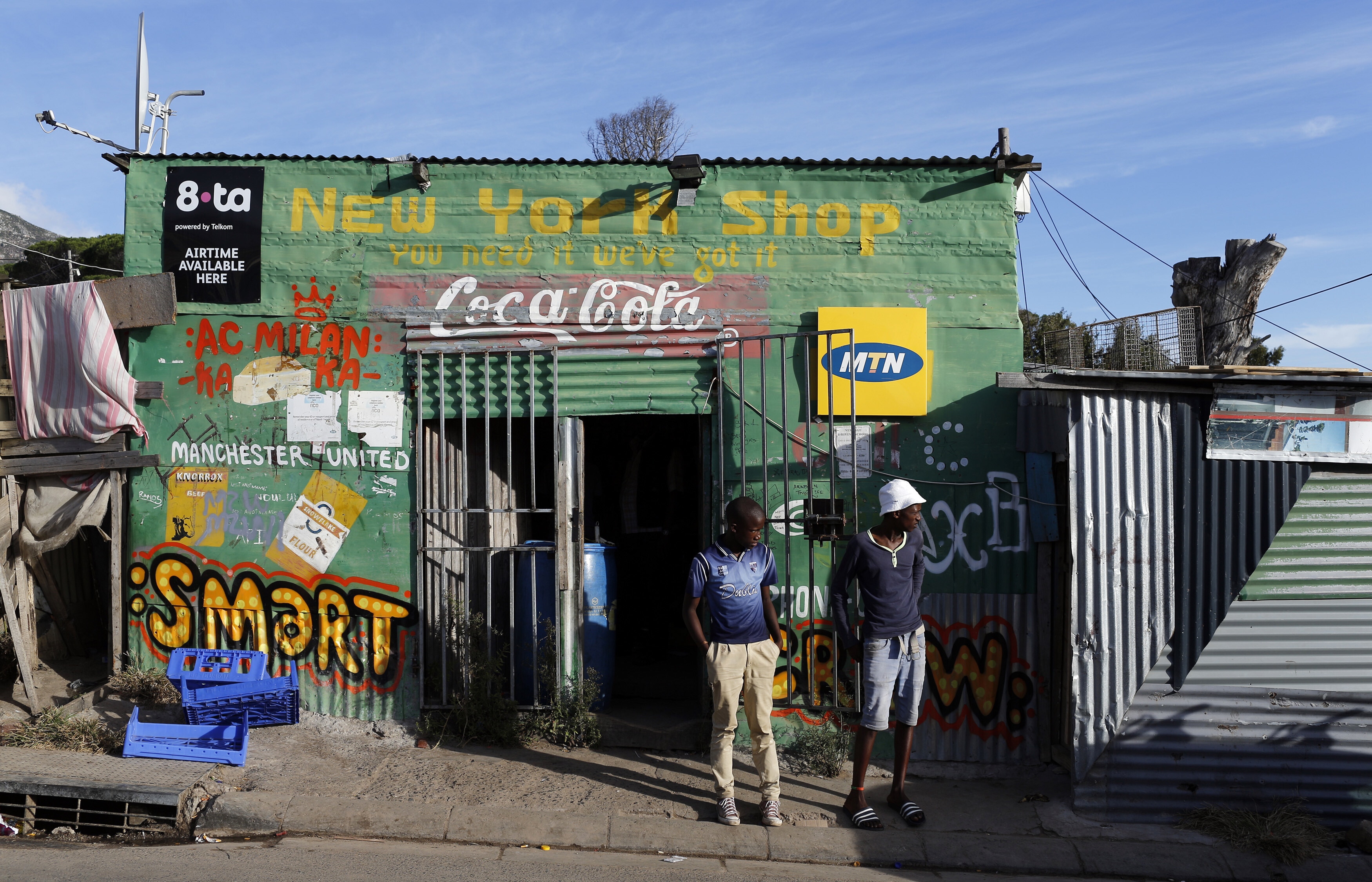Survey finds 'sextortion' rife in Latin America, women worst hit

Few reliable statistics exist on the form of corruption that is notoriously hard to prove. Image: REUTERS/Jose Cabezas
One in five people in Latin America and the Caribbean has either direct or indirect experience of officials using their positions of power to demand sexual favours, usually from women, according to a survey published on Monday.
"Sextortion" - abuse of power to obtain sexual favours - is prevalent in Latin America partly due to inequality between men and women in politics and pay though few reliable statistics exist on the form of corruption that is notoriously hard to prove.
However, a survey by anti-corruption group Transparency International of 17,000 people from 18 Latin American countries found the practise to be widespread in schools, hospitals and municipal buildings.
Seven out of 10 people said sexual extortion happened "at least occasionally".
"In some cases, when women are asked for a bribe, the currency changes from money to sexual favours," the chair of Transparency International, Delia Ferreira, told the Thomson Reuters Foundation.
Of the countries surveyed, Barbados fared worst with 30% of people saying they had experiences of sextortion or knew someone who had, followed by the Bahamas and Guatemala. Panama and Chile fared best, at 14%.
Women often experience petty corruption in their daily lives at the hands of low-level civil servants who exploit mothers seeking social services, Ferreria said.
Inspired by the #MeToo movement, hundreds of thousands of women from Argentina to Mexico have taken to the streets since 2018 to speak out against sexual violence and harassment.
But despite progressive legislation protecting women in places like Brazil, rights groups say prosecutors still find it difficult to charge people for sexual exploitation because evidence is elusive and victims shy away from coming forward.
Often taking place behind closed doors and attached to stigma, there is scant information on sexual extortion in other parts of the world.
Women in Kenya have had to exchange sex for water, according to the water policy institute SIWI.
A 2014 study by the IAWJ and the Thomson Reuters Foundation on laws in Argentina, Australia, Brazil, Canada, Kenya, Mexico, Taiwan, Uganda and the United Kingdom found that none of the nine countries had adopted laws that use the term sextortion.
Don't miss any update on this topic
Create a free account and access your personalized content collection with our latest publications and analyses.
License and Republishing
World Economic Forum articles may be republished in accordance with the Creative Commons Attribution-NonCommercial-NoDerivatives 4.0 International Public License, and in accordance with our Terms of Use.
The views expressed in this article are those of the author alone and not the World Economic Forum.
Stay up to date:
SDG 05: Gender Equality
Forum Stories newsletter
Bringing you weekly curated insights and analysis on the global issues that matter.
More on Equity, Diversity and InclusionSee all
Martin Jacob
February 17, 2026






